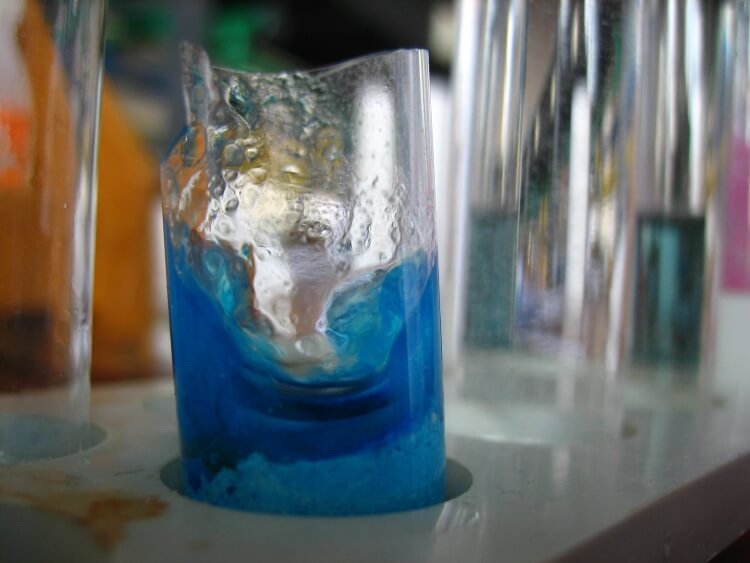H, M
Prostate Stem Cell Antigen Antibody
Prostate Stem Cell Antigen Antibody
8000
PSCA
41-90
12 kDa
O43653
602470
Rabbit
1 mg/ml
WB ELISA
Hs.652235
anticorps
Polyclonal
Unmodified/Total
cell, prostate, stem
Prostate stem cell antigen; PSCA;
Stable at -20°C for at least 1 year.
The antibody was purified from rabbit antiserum by affinity-chromatography using immunogen.
The antiserum was produced against synthesized peptide derived from human Prostate Stem Cell Antigen.
Prostate Stem Cell Antigen Antibody detects endogenous levels of total Prostate Stem Cell Antigen protein.
Rabbit IgG in phosphate buffered saline (without Mg2+ and Ca2+), pH 7.4, 150mM NaCl, 0.02% sodium azide and 50% glycerol.
If you buy Antibodies supplied by Assay Biotech they should be stored frozen at - 24°C for long term storage and for short term at + 5°C.
Antigens are peptides or recombinant or native dependent on the production method.For cells, cell lines and tissues in culture till half confluency.
Stem cell factors and stem cell growth factors will produce stem cells or be part of a transdifferentiation process to produce other cells. A cell can transdifferentiate by going back to the naive stem cell stadium or directly into the other cell, helped by the stem cell and transdifferentiationf actors. Stem cell growth factors or stem cell factors are mostly used to produce iPSCs or induced pluripotent stem cells by Jamaka or Thomson factors by using for example 5 Lenti-III-CMV viruses, expressing the Yamanaka iPSC factor set (Oct4, Sox2, Nanog and Lin28) + GFP positive control. Trans differentiation will omit the stem cell stadium but stem cell factors sill play an important role in trans differentiation strategies.
